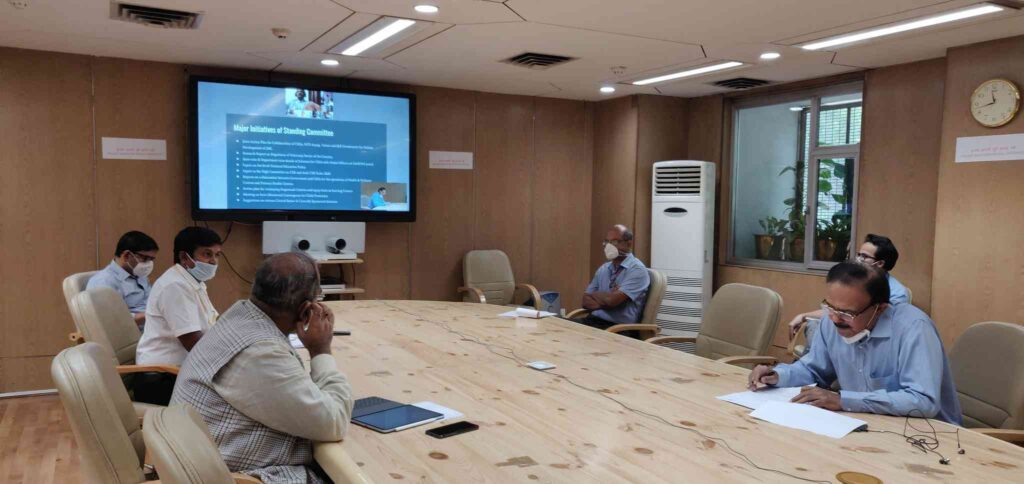
Last week, a harried Supreme Court (SC), faced with a slew of petitions and high court (HC) orders on the pandemic’s handling, announced the formation of a National Task Force (NTF) to establish a broad policy for the distribution of medical oxygen to states in a week and submit the broad contours of a national plan to combat Covid-19 in the present and future in six months.
For one thing, quick decisions — which can be made through a body like the NTF — are essential. Let me give you an example. To combat the Covid-19 surge, 11 empowered committees were established under the secretaries of the Government of India (GoI) in March 2020. Despite this, only 33 of the 133 proposed oxygen plants were installed, and the committees were powerless to stop it. A parliamentary standing committee expressed concern in November about the lack of oxygen, intensive care unit beds, and other facilities. Even so, we were caught off guard when the second wave hit in full force in March. Take, for example, the fight between Delhi and the Centre over the oxygen quota, in which the judiciary decided to allocate 700 MT of oxygen per day to Delhi.
Installing capacity and determining distribution could be two separate issues. When you contrast the current sense of urgency with the complacency of the previous year, you can see what quick court-monitored decisions and commitment can accomplish.
Two, there have been successes on an individual and local level, particularly in the area of oxygen supply. Kerala, Odisha, and Chhattisgarh, for example, were able to maintain their oxygen reserves while also assisting other states. A young Nandurbar collector set up three oxygen plants in his district, and the commissioner of the Brihanmumbai Municipal Corporation is being praised for his tenacity and ingenuity in combating Covid-19.
Individual acts, however, are insufficient, and a central body must make a slew of decisions on a daily basis to combat the threat. For example, oxygen supplies and allocation will be critical for the next fortnight, and it is more important for NTF to do this on a daily basis than to sit down and deliberate over a policy. There are daily imponderables to consider that may or may not be covered by a policy — and that can wait for more peaceful times to evolve. There is already a committee overseeing oxygen allocation, which is chaired by a secretary to the Government of India. Every day, the secretary can present a status report to NTF and take orders. States will be satisfied, and instead of bickering over central policy and directions, they will focus on their own efforts.
Three, this expert panel could play a bigger role in shaping India’s vaccine policy (which, remember, is also a subject of judicial hearing at the moment). Given the rift in federal relations over vaccines, NTF should decide on the distribution of all vaccines, using a dynamic bottom-up and top-down approach. Let NTF be responsible for strategizing the systematic vaccination of the population, based on the severity of the disease as it exists and is perceived, for various demographic segments in various geographies.





